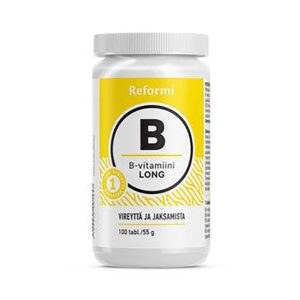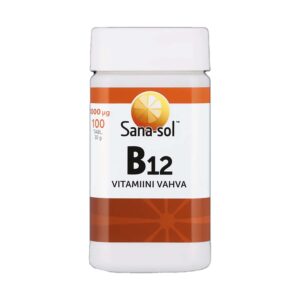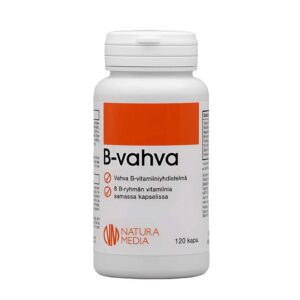Vitamin B is a group of essential nutrients that play a crucial role in maintaining overall health and well-being.
This group includes eight different types of B vitamins, each with unique benefits for the body. From boosting energy levels to supporting brain function and promoting healthy skin, the benefits of vitamin B are numerous and essential for optimal health.
One of the key benefits of vitamin B is its role in converting food into energy. The B vitamins, particularly B1 (thiamine), B2 (riboflavin), B3 (niacin), B5 (pantothenic acid), and B6 (pyridoxine), help the body convert carbohydrates, fats, and proteins into energy that can be used by the body.
This is essential for maintaining energy levels and supporting overall vitality. Vitamin B is also important for brain health and function. B vitamins, especially B6, B9 (folate), and B12 (cobalamin), play a critical role in the production of neurotransmitters that are essential for cognitive function and mood regulation.
Adequate levels of these vitamins are important for maintaining a healthy brain and reducing the risk of cognitive decline. In addition to energy production and brain health, vitamin B is also important for maintaining healthy skin, hair, and nails.
B vitamins are essential for skin cell regeneration, collagen production, and overall skin health. A deficiency in B vitamins can lead to dry, flaky skin, as well as brittle hair and nails.
Furthermore, vitamin B is essential for supporting the immune system and promoting overall health and well-being. B vitamins are important for the production and function of white blood cells, which are key components of the immune system.
Adequate levels of B vitamins help the body fight off infections and maintain a strong immune response. Overall, the benefits of vitamin B are vast and essential for maintaining optimal health.
From supporting energy production and brain function to promoting healthy skin and immune system function, vitamin B plays a crucial role in overall well-being.
It is important to ensure an adequate intake of B vitamins through a balanced diet rich in sources such as whole grains, nuts, seeds, lean meats, fish, dairy products, and leafy greens.
Additionally, supplementation may be necessary for individuals at risk of deficiency or those with specific health conditions.
Vitamin B, also known as the vitamin B complex, is a group of eight essential nutrients that play a vital role in maintaining good health.
Each individual B vitamin has its own specific functions and benefits, but they all work together to support overall well-being. Here are some of the key benefits of vitamin B1.
Energy production: Vitamin B plays a crucial role in converting carbohydrates into glucose, which is the body’s main source of energy. B vitamins help the body metabolize food efficiently and convert it into fuel for physical and mental activities.
2. Brain function: B vitamins are important for supporting cognitive function and brain health. They play a role in the production of neurotransmitters, which are essential for communication between brain cells.
Vitamin B6, in particular, is important for mood regulation and may help reduce symptoms of depression and anxiety.
3. Red blood cell formation: Vitamin B12 and folate are essential for the production of red blood cells, which are responsible for carrying oxygen throughout the body.
A deficiency in these vitamins can lead to anemia, a condition characterized by fatigue, weakness, and shortness of breath.
4. Healthy skin, hair, and nails: B vitamins are important for maintaining healthy skin, hair, and nails.
They play a role in cell regeneration and repair, helping to keep your skin looking youthful and your hair and nails strong and vibrant.
5. Heart health: Some B vitamins, such as B6, B12, and folic acid, are important for cardiovascular health. They help lower levels of homocysteine, an amino acid that has been linked to an increased risk of heart disease.
B vitamins also support the health of blood vessels and help regulate cholesterol levels.
6. Digestive health: B vitamins play a role in maintaining a healthy digestive system. They help the body break down and absorb nutrients from food, support gut health, and may help reduce symptoms of digestive disorders such as irritable bowel syndrome (IBS).
7. Mood and stress management: B vitamins are important for supporting the nervous system and may help reduce symptoms of stress, anxiety, and depression.
They play a role in the production of neurotransmitters such as serotonin and dopamine, which are important for regulating mood and emotions.
In conclusion, vitamin B is essential for maintaining overall health and well-being. Incorporating foods rich in B vitamins, such as whole grains, lean meats, eggs, nuts, and leafy greens, into your diet can help ensure you are getting an adequate intake of these important nutrients.
If you are unable to get enough B vitamins from your diet alone, consider taking a B-complex supplement to support your health.
















